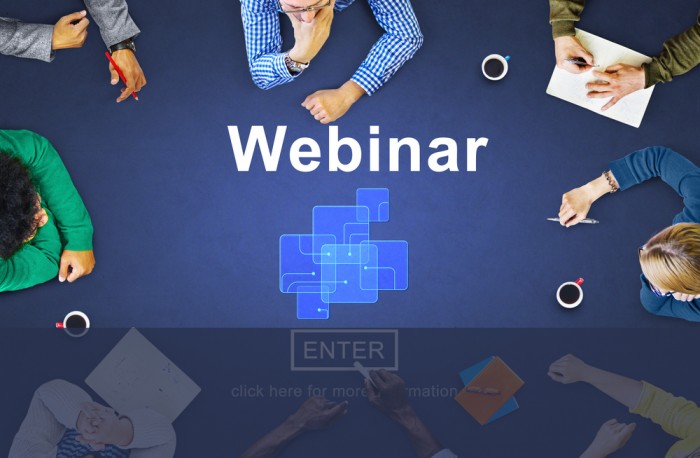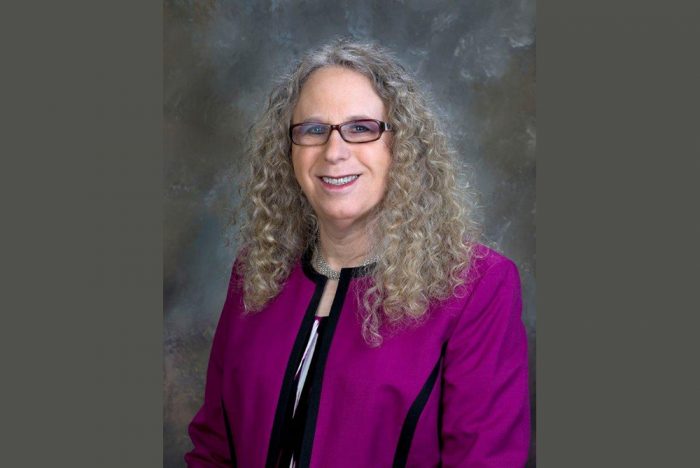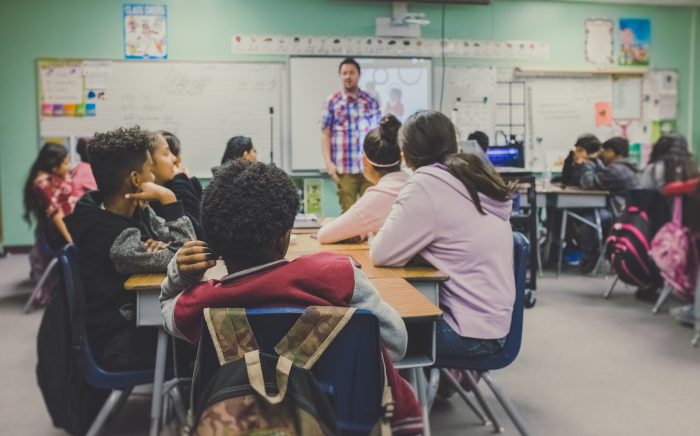Today, Secretary Miller held a media briefing to release the first edition of the Department of Human Services’s (DHS) Racial Equity Report – a document detailing their focus on racial equity and anti-racism. The report covers health equity, economic justice, early childhood education, child welfare, juvenile justice, and DHS as an organization.
“More Visibility is Needed”: Pennsylvania State Rep One of Few with Autism
DDAP Announces Webinar Opportunity
Black Mental Health Matters | A Two-Part Webinar Series in Honor of National Black History Month
Black Mental Health Matters is a webinar facilitated by Dr. Eunice Peterson, a board-certified adult, child, and adolescent psychiatrist. The webinar is an interactive presentation with a question and answer (Q&A) session designed to provide participants with an understanding of how racism impacts mental health.
Registration is required for this FREE event. Dates, times, and registration links can be found below:
- PART I: Thursday, February 11, 2021 from 2:30 pm – 4:00 pm • Register Here
- PART II: Thursday, February 25, 2021 from 2:30 pm – 4:00 pm • Register Here
For more information on this webinar, please see this flyer.
Biden Picks PA’s Dr. Rachel Levine to be Assistant Health Secretary
PA State Police Resume Tracking Racial Data During Traffic Stops in Response to Spotlight PA Report

Addressing Historical and Ending Contemporary Racial Inequities – January 27, 2021
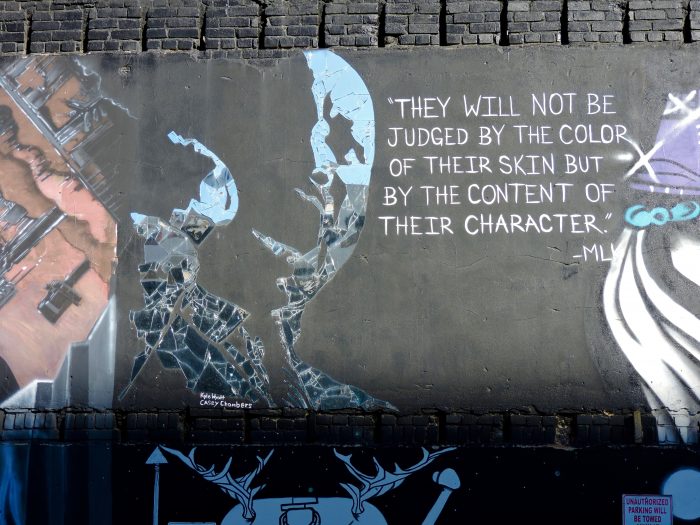
Top Stories of 2020: Protests Drive New Conversation About Policing and Racial Justice in Pennsylvania
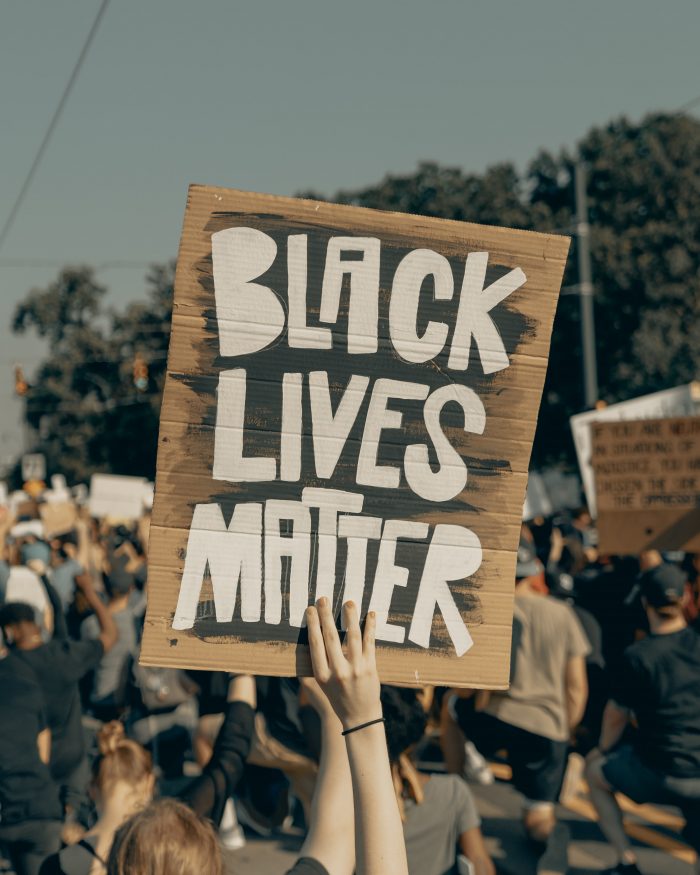
Report: Feds Need to Close Racial Gaps in Program that Helps Kids Living with Disabilities
As the Gap Between Students and Teachers of Color Widens in PA, Black Families Demand Change
DHS Racial Equity Action Kick-Off – Day Five
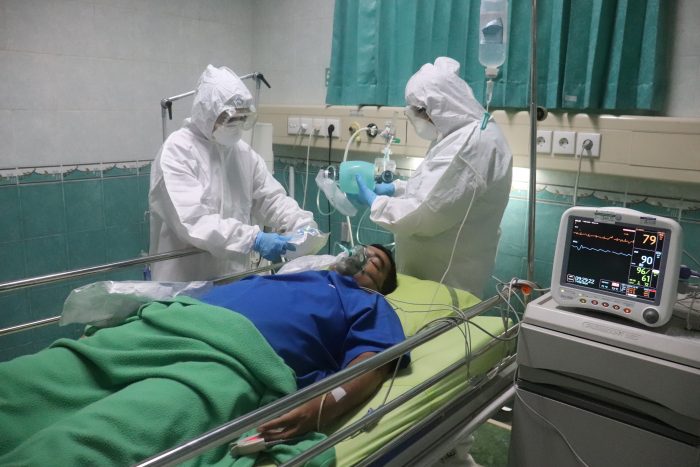
Good morning,
I hope you’ve all had a good week! We’re in the final day of our Racial Equity Action Week, and I hope that each of you have found these readings, videos, and questions for consideration helpful. As many of us have learned over the last six months, beginning this work and our personal education in order to broaden our perspective around race and inequity and how they exist in our country can be overwhelming due to not being sure where to begin. My goal with this week has been to make these subjects approachable for each of us and applicable to our work and workplaces.
For our final day of readings today, we’re going to focus on current issues that face our country and topics specific to work at the Department of Human Services (DHS). This will not be a comprehensive list, but I hope that it can help you further dig into how race and equity affect our work. Today’s readings can be found here.
COVID-19 has affected all of us in some way this year. For many of us, it has consumed our daily work. Beyond that, it has touched all of our lives in some way, even if we have not experienced it or lost a loved one ourselves. Experiences are showing that this pandemic is not affecting all communities equally; non-white communities are experiencing the public health and economic crises acutely. Inequality.org’s COVID-19 and Inequality, NPR’s “As Pandemic Deaths Add Up, Racial Disparities Persist — And In Some Cases Worsen”, The Atlantic’s “In a Pandemic, All Some People See is Your Color”, and Kaiser Health News’s “Why Black Aging Matters, Too” all detail the pandemic’s effects on racial groups.
However, health disparities between different races are not new. “‘Racial Inequality May Be As Deadly As COVID-19,’ Analysis Finds” from NPR details this fact, and much of the Wolf administration’s health innovation work seeks to address these disparities. DHS has engaged in this work in North Philadelphia’s Health Enterprise Zone since 2017, and work is in place to study disparities and enact solutions in other communities around the commonwealth. This work must also extend to mental health and supporting culturally informed and appropriate behavioral health systems that are equipped to address trauma faced by non-white communities, writes NPR. We must also think about how inequity can affect children starting in their earliest years. “Education Inequality Starts Early” from the US News and World Report and “The School-to-Prison Pipeline” from Teaching Tolerance explains how inequity can set a foundation that affects children into adulthood.
As you read and watch these resources, I encourage you to think about the following questions:
- How have communities of color been impacted during the COVID-19 pandemic? Are these effects portrayed as the result of structural issues?
- How do inequities play out in my work? What can I do through my work to advance equity for all Pennsylvanians?
- How do I move forward with this knowledge?
- How can I apply what I’ve learned to my work? To my relationships with my colleagues? To my everyday life?
I also encourage you to have these conversations with your coworkers if you are comfortable and able to do so. This is an opportunity for us to learn together, share our experiences, foster understanding and community, and build stronger bonds through these difficult but extremely necessary conversations.
Remember, these articles are meant to be a foundation and introduction that you can build from. They are not the only sources and perspectives on these issues.
I always say that DHS’s work serves more than three million people directly, but it touches nearly ever Pennsylvanian at some point in their lives – be it through the early childhood education system, public assistance, child welfare, health care, or long-term care. Because of this, I feel that we have an obligation to be leaders in this space. Pennsylvanians and our nation are not a monolith. We all have different identities, experiences, backgrounds, and perspectives. We must be mindful about how our identities can shape our experiences and use this knowledge to be active allies against racism, inequity, bias, and discrimination that is both consciously held and unconsciously advanced.
Our education cannot end here. I encourage you to continue to pursue information and read in a way that broadens your perspective. Seek out voices and experiences that you may not know first-hand but from whom you can learn. This work can only make us stronger, more empathetic, and better public servants, colleagues, and people.
Moving forward, we will continue to share opportunities to grow and learn in this space. However, if you are looking for other avenues to continue to learn, I highly recommend Emmanuel Acho’s Uncomfortable Conversations With A Black Man series.
Listening with an open mind and an open heart is the first and most important thing we can do to be an active ally to our friends, neighbors, and colleagues. This is a constant journey, but I appreciate the time you have all taken to be a part of it with me.
Teresa Miller, Secretary of the Department of Human Services










